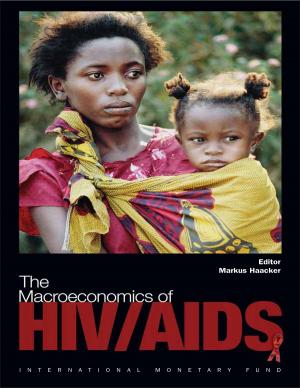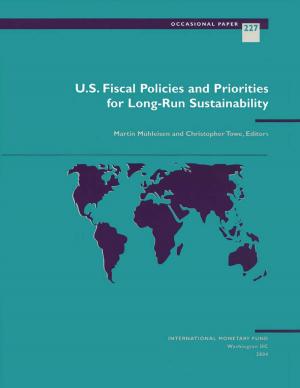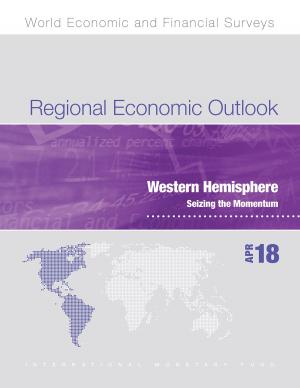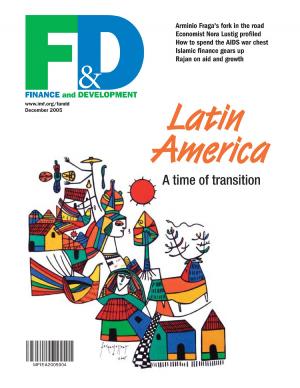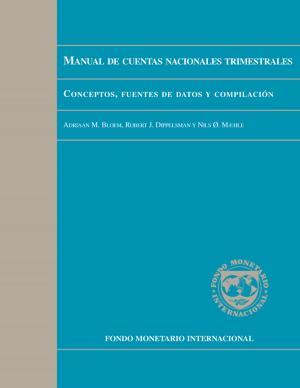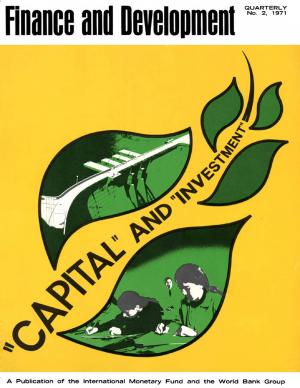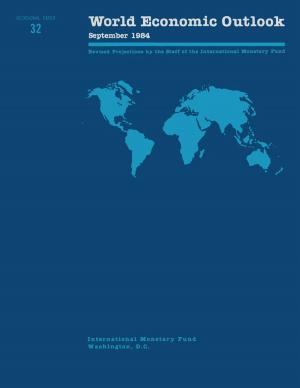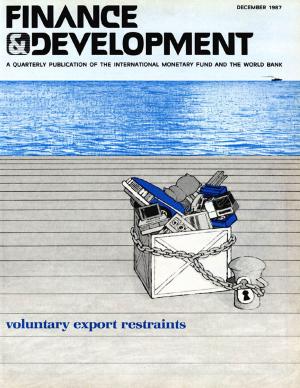Modernizing China's Growth Paradigm
Business & Finance, Economics, Money & Monetary Policy, International Economics, Nonfiction, Social & Cultural Studies, Political Science, Politics, Economic Policy| Author: | Eswar Mr. Prasad, Raghuram Rajan | ISBN: | 9781451983500 |
| Publisher: | INTERNATIONAL MONETARY FUND | Publication: | March 1, 2006 |
| Imprint: | INTERNATIONAL MONETARY FUND | Language: | English |
| Author: | Eswar Mr. Prasad, Raghuram Rajan |
| ISBN: | 9781451983500 |
| Publisher: | INTERNATIONAL MONETARY FUND |
| Publication: | March 1, 2006 |
| Imprint: | INTERNATIONAL MONETARY FUND |
| Language: | English |
China has achieved tremendous economic progress in the last three decades, but there is much work to be done to make the economy resilient to large shocks, ensure the sustainability of its growth, and translate this growth into corresponding improvements in the economic welfare of its citizens. We discuss the complex challenges that Chinese policymakers face in striking the right balance in terms of speed and coordination of reforms. We argue that China's current stage of development, along with its rising market orientation and increasing integration with the world economy, may make the incremental and piecemeal approaches to reforms increasingly untenable and, in some cases, could even generate risks of their own. The present favorable domestic and external circumstances provide an excellent window of opportunity for bolder reforms and for tackling some deep-rooted problems without causing much economic disruption.
China has achieved tremendous economic progress in the last three decades, but there is much work to be done to make the economy resilient to large shocks, ensure the sustainability of its growth, and translate this growth into corresponding improvements in the economic welfare of its citizens. We discuss the complex challenges that Chinese policymakers face in striking the right balance in terms of speed and coordination of reforms. We argue that China's current stage of development, along with its rising market orientation and increasing integration with the world economy, may make the incremental and piecemeal approaches to reforms increasingly untenable and, in some cases, could even generate risks of their own. The present favorable domestic and external circumstances provide an excellent window of opportunity for bolder reforms and for tackling some deep-rooted problems without causing much economic disruption.

